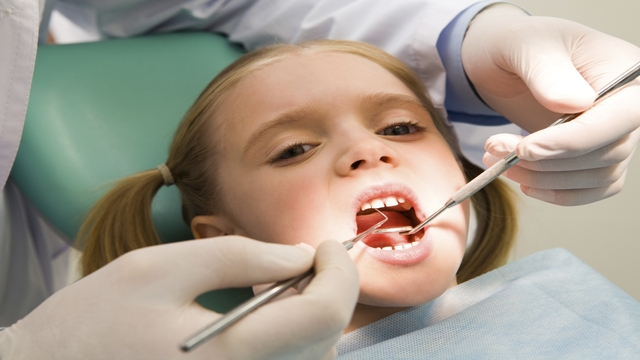During moments of anger or stress, it’s not uncommon for people to clench and grind their teeth. Teeth grinding, otherwise known as bruxism, can happen during the day, as well as at night when people have no awareness of it. Sleep-related bruxism is particularly problematic because it is harder to control.
There are different theories regarding the cause of bruxism. Daily stress is thought to be the trigger in many people. While some people clench their teeth and never feel symptoms, others face more serious problems from teeth grinding. Other symptoms associated with bruxism include anxiety and tension, depression, earache, eating disorders, headaches, sensitivity in the teeth, insomnia and jaw pain or soreness.
Whether or not bruxism causes pain and other problems is largely due to a complicated mix of factors, such as stress, the tightness of the clenching and grinding, whether the teeth are aligned properly, posture, diet and sleeping habits.
While mild cases of bruxism may require less medical action, severe cases can lead to a number of problems. Clenching the teeth puts pressure on the muscles, tissues, and other structures around the jaw. Accordingly, symptoms can cause temporomandibular joint problems (TMJ), as well as the wearing down of the teeth. Oftentimes, grinding is noisy enough at night to interrupt the sleep of the affected person’s partner.
Be sure to contact your doctor or dentist if your teeth are worn, damaged or sensitive, you have pain in your jaw, face or ear, or if others complain that you make a grinding noise while you sleep.
Oftentimes, a health care provider will suggest a thorough examination to rule out other disorders that may cause similar jaw pain or ear pain, such as dental problems, ear infections and/or other ear problems, and problems with the temporomandibular joint (TMJ).
Upon diagnosis with bruxism, there are several treatment options to reduce pain, prevent permanent damage to the teeth, and reduce clenching as much as possible. Mouth guards and other appliances (such as splints) have been used for many years to treat teeth grinding, to protect the teeth from the pressure of clenching and to prevent damage to the teeth.
Some patients complain, however, that the symptoms go away as long as they use the splint. But pain returns when they stop
There are also self-care steps one can take at home. Applying ice and/or wet heat to sore jaw muscles and avoiding hard foods such as nuts and candies is oftentimes helpful. In addition, staying hydrated with plenty of water every day and getting plenty of sleep is said to beneficial.
Some doctors suggest physical therapy stretching exercises that can be done at home and help restore a normal balance to the muscles and joints on each side of the head. In addition, massaging the muscles of the neck, shoulders, and face and relaxing the face and jaw muscles throughout the day helps with relaxation and is thought to be beneficial for bruxism.
Some patients have also found biofeedback devices, self-hypnosis, and other alternative therapies to be helpful to alter habitual teeth clenching and teeth grinding.
Sources:
Bruxism- Teeth grinding and clenching. Web. www.ncbi.nlm.nih.gov. Accessed 30 Nov. 2011
http://www.ncbi.nlm.nih.gov/pubmedhealth/PMH0002386
Teeth Grinding. Web. www.mayoclinic.com . Accessed 30 Nov. 2011
http://www.mayoclinic.com/health/bruxism/DS00337
Reviewed November 30, 2011
by Michele Blacksberg RN
Edited by Jody Smith




Add a Comment1 Comments
Well written. Very nice.
Marielaina Perrone DDS
October 17, 2012 - 11:39amHenderson Dental Implants
This Comment